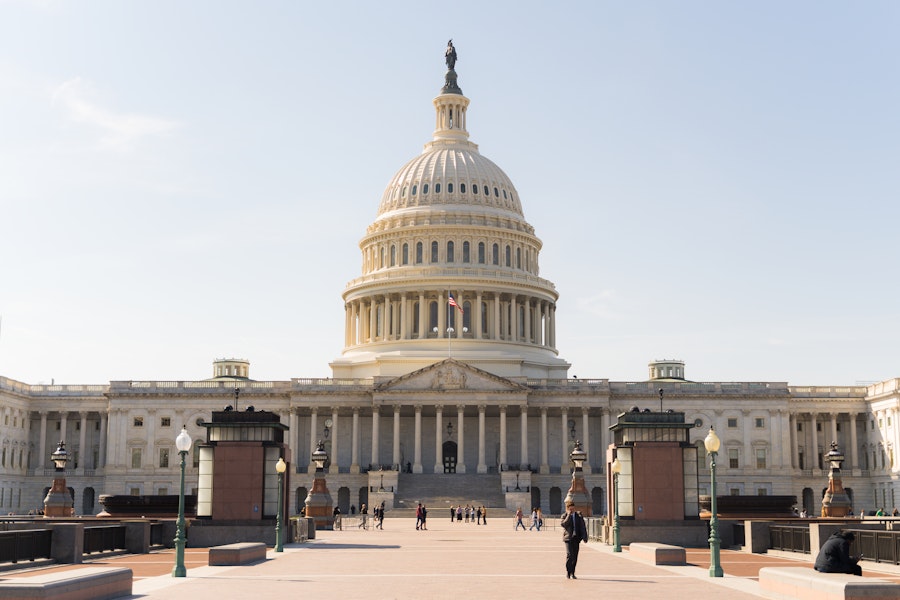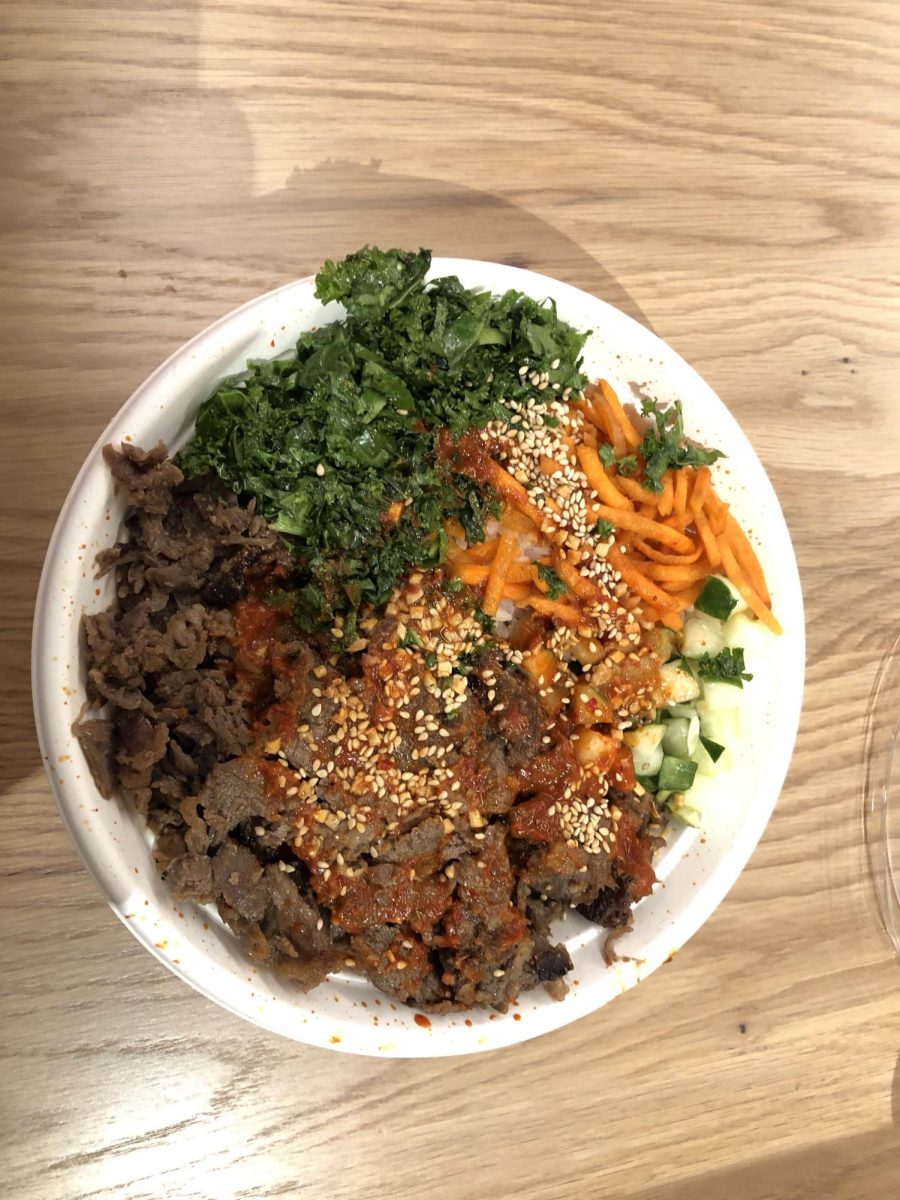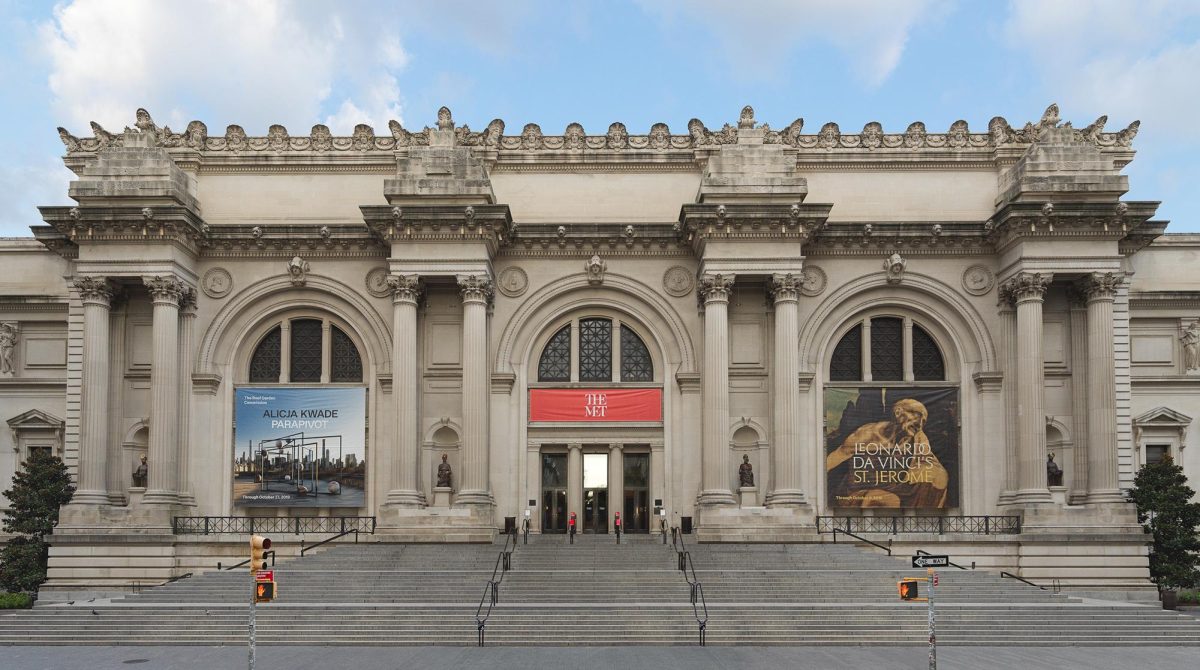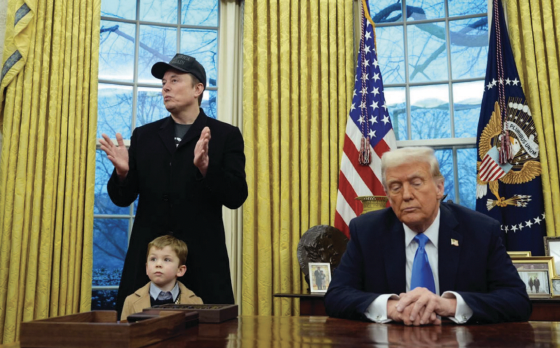The recent assassination of Charlie Kirk is the latest chapter in a long and gruesome history of American political violence.
Kirk was a conservative political activist who engaged in debates with college students on politically controversial issues. He was the founder of Turning Point USA, a nonprofit organization that advocates for conservative politics on high school and college campuses.
Just a few months before Kirk’s murder, Minnesota State Senator John Hoffman and his wife Yvette Hoffman were shot on June 14, by a man impersonating a police officer. An hour later, State Minnesota Representative Melissa Hortman and her husband were shot by the same individual at their house in Chaplin, Minnesota. Sen. Hoffman and his wife both survived, while the Hortmans both died the day of the assassination attempt.
Political violence isn’t a new occurrence, but increasing political polarization has led it to spike drastically in recent years. The recurring incidents first began in 2011, with an assassination attempt against Democratic Representative Gabrielle Giffords. In 2017, there was another attempted murder against Republican Representative Steve Scalise.
Over the last few years, there has been the plot to kidnap Michigan Senator Gretchen Whitmer, the Jan. 6th storming of the capitol, pipe bombs placed under both the RNC and DNC conventions, multiple assassination attempts against president Donald Trump, and the assassinations of Kirk and Rep. Hortman.
Under the US Constitution, citizens have the freedom of speech under the protection of the First Amendment. This is an aspect that makes the US so unique, as we have racially, economically, politically, and religiously diverse groups that all have the opportunity to speak their mind.
As politicians and political activists are being silenced, we must ponder, is a society where we are afraid to publicly oppose one another for fear of political violence really “free?” By deeming opposing views as intolerable and ridiculous, are we becoming weaker as a nation? Is this blinding us to the bigger problems in our country?
Controversial topics can cultivate hate towards those who disagree and spiral into an echo chamber. If one steers clear from arguments and only accepts viewpoints that align with their own, individuals fall into an echo chamber and face further polarization from other with different perspectives
The Roman phrase “give them bread and circuses” refers to the idea that keeping the public entertained with arguments and chaos will distract from actual problems occurring. Many are too busy pointing fingers, passing blame, and angrily typing behind a screen, that no one steps back to see the bigger picture and question their beliefs and authority figures that lead them to their conclusions. They are controlled by their pride and an unwillingness to embrace diverse thinking because it’s not what they want to hear.
The 1960s in the United States were a time of political and social turmoil. In the short period of 10 years, the US saw the assassinations of John F. Kennedy, Malcolm X, and the back-to-back assassinations of Martin Luther King Jr. and Robert Kennedy.
Similar to today, political violence divided Americans and created an environment of instability and hate.
On April 4th, 1968, only months before his assassination, Senator Robert F. Kennedy gave a statement on the assassination of Martin Luther King Jr. He stated, “In this difficult time for the United States, it is perhaps best to ask what kind of a nation we are and what direction we want to move in.”
Kennedy gave this speech not for political gain, but to alert the public with a blunt assessment of the current state of the country. Kennedy’s words still stand true today, and it is up to the American people to decide their fate– hatred and division or tolerance and unity.














